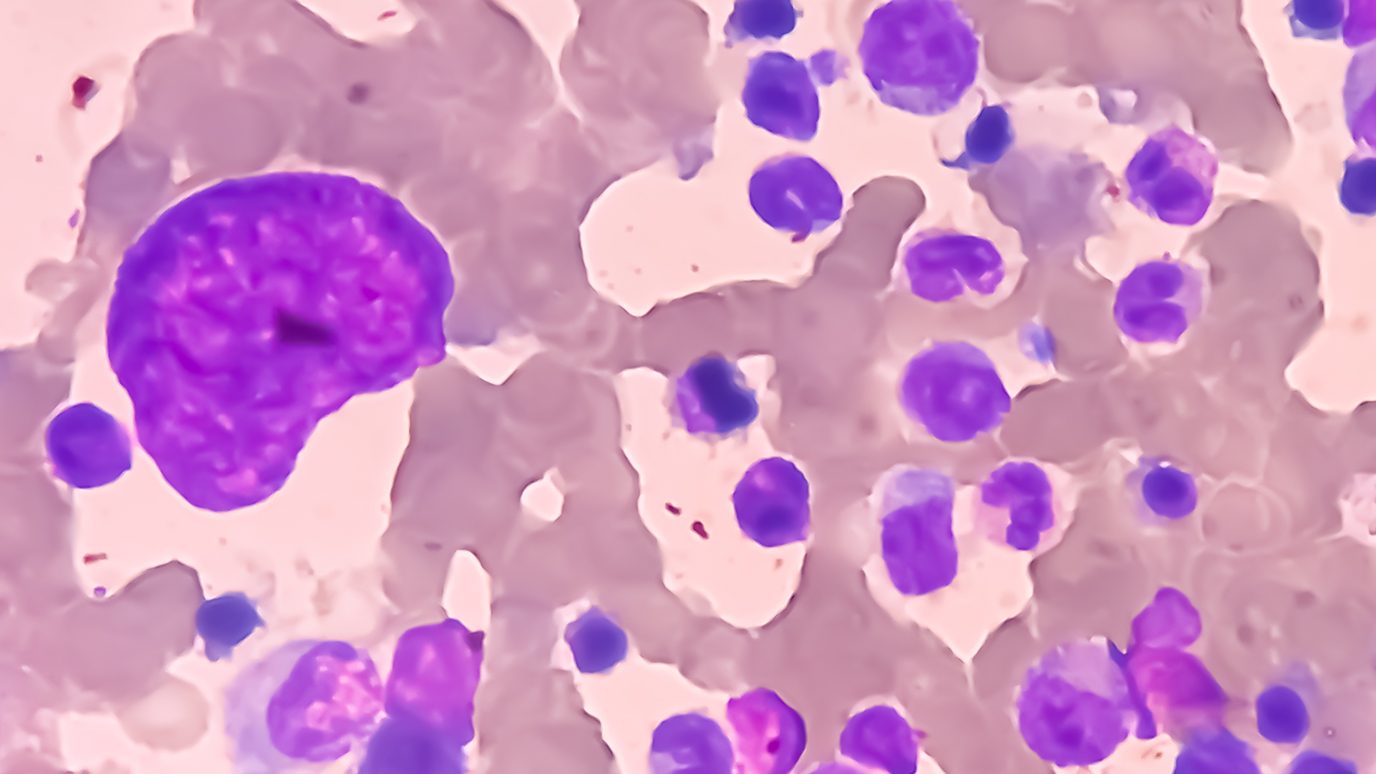Lorazepam significantly reduces agitation in patients with advanced cancer and delirium
Many patients with advanced cancer are significantly impacted by agitated delirium, but there are conflicting results on treating this condition with medication. To provide insights, David Hui, M.D., and colleagues examined the effects of different medications on treating delirium in 111 patients with advanced cancers. The researchers examined patient responses to haloperidol and lorazepam – both separately and combined – compared to...

Researchers identify new approach to overcome resistance to KRAS-targeted therapies
Many cancers with KRAS mutations, the most commonly mutated oncogene, develop rapid resistance to targeted therapy with KRAS inhibitors. A...
Machine learning model improves treatment selection in non-small cell lung cancer
A significant challenge in developing treatment plans for patients with metastatic non-small cell lung cancer (NSCLC) is deciding whether...
Combining immunotherapy with bacterial injection shows promise in treatment-refractory solid tumors
Solid tumors contain areas with low oxygen levels, known as hypoxic regions, that are associated with treatment resistance, aggressive growth and an increased risk of metastasis. In previous studies, injecting tumors with Clostridium novyi-NT, a non-toxic bacteria species that thrives in hypoxic environments, can trigger an antitumor response. A new Phase Ib trial led by Sarina Piha-Paul, M.D., combined this approach with intravenous...

Study uncovers target to overcome resistance in ARID1A-mutant cancers
Many ovarian clear cell carcinomas (OCCCs) have mutations that inactivate the ARID1A tumor suppressor and are associated with resistance to...
Novel agent restores p53 function in p53-mutated AML
Mutations of the TP53 gene are very common in leukemias and other cancers. They are predictors of poor response to therapies and are...
Specific co-mutations in KRAS-mutant NSCLC improve treatment response
Patients with KRAS-mutant non-small cell lung cancer (NSCLC) also often have co-mutations in KEAP1 and LKB1, which are associated with problems...
New-onset diabetes may serve as an early marker of pancreatic cancer
Pancreatic cancer screening is not recommended for the general population due to its low incidence, leading to later diagnoses after...
Study uncovers potential therapeutic targets for low platelet blood disorders
Thrombocytopenia is a blood disorder characterized by low levels of blood platelets. These tiny blood cells, which help with clotting, are...
Chemotherapy drives changes to the genome and clonal architecture of blood stem cells that may increase risk of secondary malignancies
Hematopoietic stem and progenitor cells (HSPCs) – a main source of blood cell production – can accumulate DNA mutations over time, which can...








